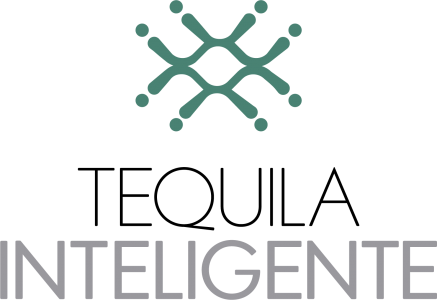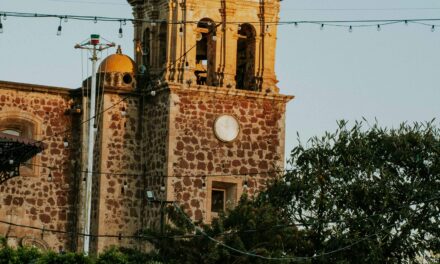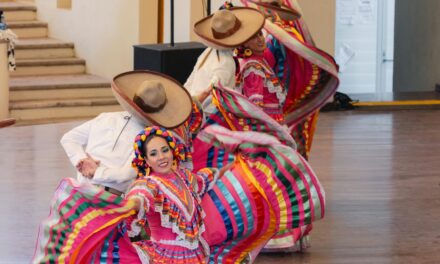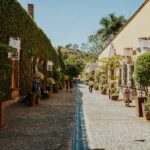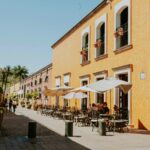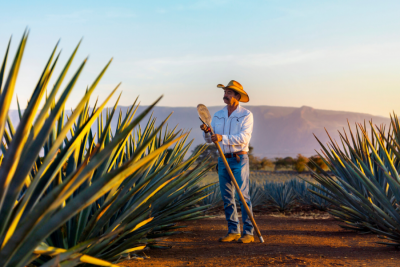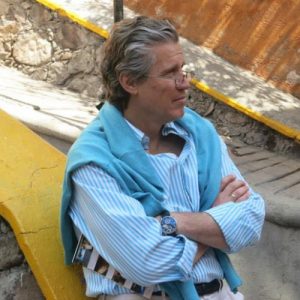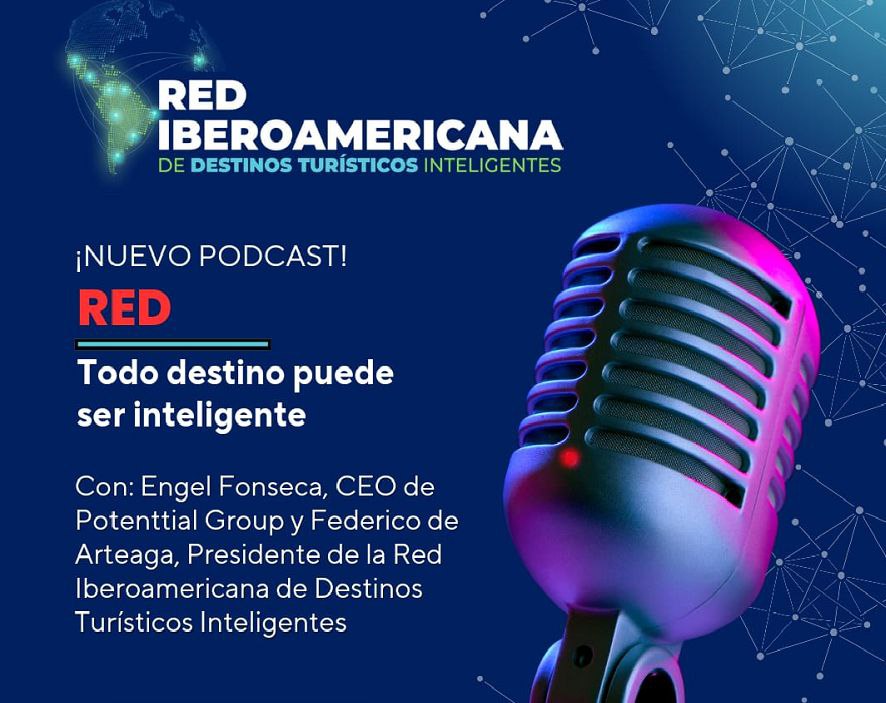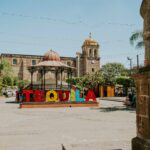
Entrevista a Federico de Arteaga en #HitachiNEXT 2019
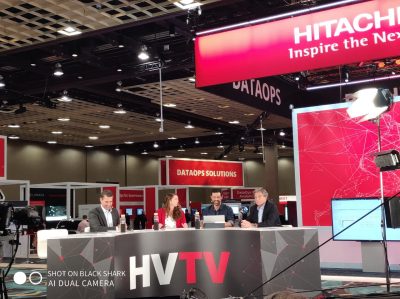
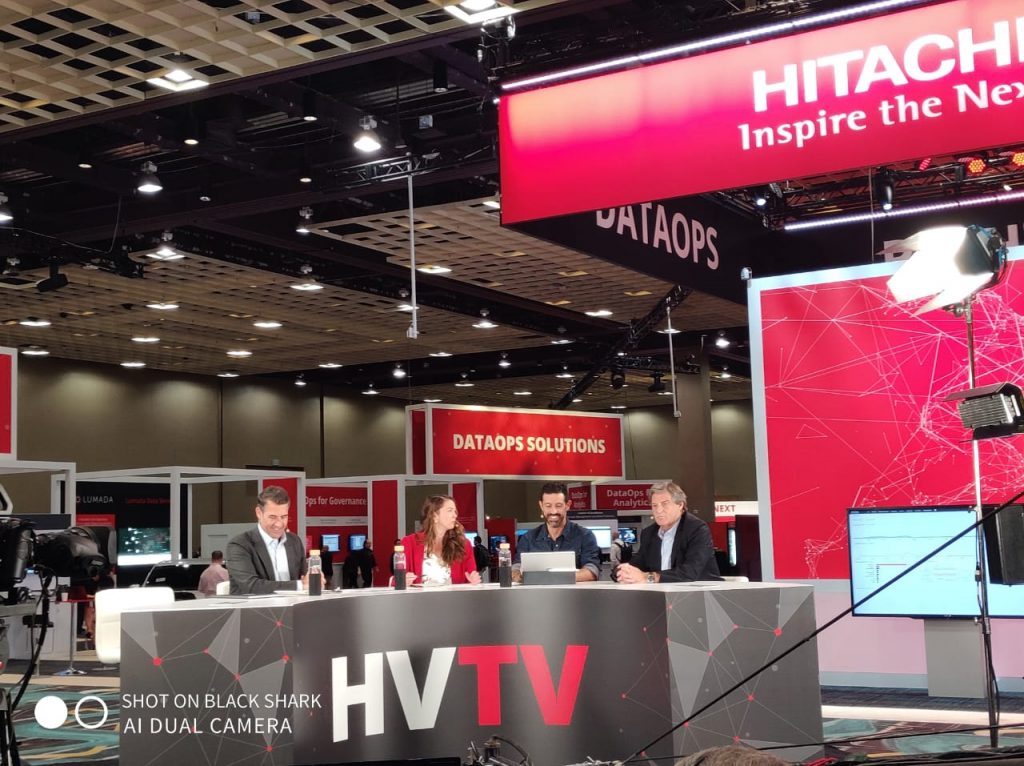
Can you give us your name and title?
Federico de Arteaga Vidiella. Planning Director of Grupo JB. Leader of Tequila Inteligente Project.
Can you give us some background into the city of Tequila
Tequila is a city of 40,000 inhabitants, where the population is on average 22 years old. It receives 600,000 tourists a year. It is in the State of Jalisco, one hour by plane from Mexico City, one hour by car from Guadalajara. Tequila is the heart of the Tequila Route and went from being an industrial town whose main activity was tequilera, to a tourist city where services play a fundamental role.
What are the challenges you are seeking to solve with the smart city project/Tequila Inteligente?
The challenges are several and of different nature. Basically that the project has credibility: economic, social, environmental and institutional sustainability and, it responds to the maturation and scale of the city so that its people live better, the tourist enjoys the valued traditions and that it is a space of innovation and coexistence.
What is Tequila Inteligente about?
Tequila Inteligente is the beginning of the long road to intelligent city management. A space for the generation of public goods, social and private responsibility, and their coexistence in an environment of governance and governability.
What type of data did you have before the smart city project and how did you collect it?
Before the project, the data really came out of the Censuses and the official information sources. Also a bit from the satisfaction surveys that the different companies did, especially Mundo Cuervo. In addition, it is important to note that this information was not in real time.
What is the importance of data for a city like Tequila?
Data is vital to get to know well a city, and to make decisions for the authorities, businessmen, universities … and to generate knowledge of the city. Likewise, having real-time data can be managed in real time and decided effectively. Likewise, this data must be ordered, categorized, and made functional in an information system, and presented so that key information is considered to make the best decisions.
What is different about implementing a smart city project in a town like Tequila versus cities like New York, Tokyo, or Mexico City?
Smart Cities projects depend on the deep knowledge of the city in which they will be implemented. Of its scale, of the leaders, of the temporal and territorial horizons where the implementation takes place. In addition to the issues in which you want to be smart. If you do not know the city in which you are implementing, you can make the mistake of looking for theoretical solutions for cities of another scale and problem.
How did you decide on the technology you did?
More than technology, the most important decision was the trust and confidence in the company that had the solutions. Also, its capacity for the integration of solutions, and the degree of commitment to the project. Technology is one of the important points of a smart project, but there are many more issues to consider in what we call non-technological intelligence — such as sustainability, governance and accessibility, to name a few.
How did you decide to work with Hitachi and what’s your experience been like?
It was not an easy decision. We had already been working with other prestigious companies, but they had not really understood the scale of the project, or got involved to the extent we needed them to. The difference was that Hitachi –and above all Sergio Severo– told us that VP & GM Latin America and Caribbean Hitachi Vantara regarding the importance of integrating solutions in a maturation according to the logic of Tequila, and the «as a service» business model and advancing based on pilot tests with clear results and impacts was what convinced us. From there, it has been a very fruitful collaboration and learning experience.
How do you see this project benefiting the people of Tequila and visitors to the city?
As these types of projects focus on the needs and requirements of the different stake holders, the benefits will be evident. The generation of business models, prevention, achieving public, private and social profitability are essential to generate them. Residents will have better services, connectivity, platforms that will encourage entrepreneurship, and tourists will be able to communicate with the world in a magical town that contains the essence of Mexicanness.
What does the future hold for Tequila?
Opportunities. That is what this project is about: providing a space of opportunities where young people, businessmen, tourists, women, can develop their full potential in an environment of innovation and social coexistence.
What inspires you the most about the work you do?
To contribute in making Tequila the First Sustainable and Intelligent Cultural Tourist Destination of Mexico, and Mundo Cuervo one of the most admired and respected brands.
